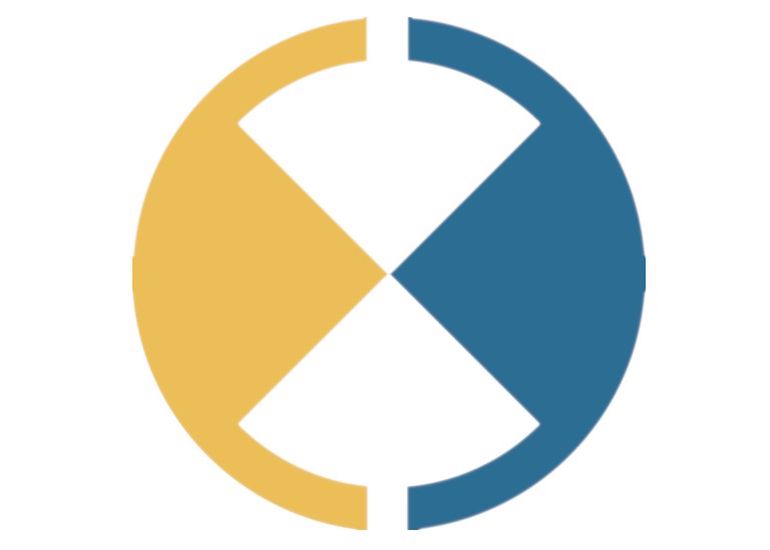Bilateral AI - Call for Applications
Cluster of Excellence CoE Bilateral Artificial Intelligence (BILAI) looks for more than 50 PhD students and 10 Post-Doc researchers.

The recently established Cluster of Excellence CoE Bilateral Artificial Intelligence (BILAI), funded by the Austrian Science Fund (FWF), is looking for more than 50 PhD students and 10 Post-Doc researchers (m/f/d) to join our team at one of the six leading research institutions across Austria (see below).
In BILAI, major Austrian players in Artificial Intelligence (AI) are teaming up to work towards Broad AI. As opposed to Narrow AI, which is characterized by task-specific skills, Broad AI seeks to address a wide array of problems, rather than being limited to a single task or domain. To develop its foundations, BILAI employs a Bilateral AI approach, effectively combining sub-symbolic AI (neural networks and machine learning) with symbolic AI (logic, knowledge representation, and reasoning) in various ways. Harnessing the full potential of both symbolic and sub-symbolic approaches can open new avenues for AI, enhancing its ability to solve novel problems, adapt to diverse environments, improve reasoning skills, and increase efficiency in computation and data use. These key features enable a broad range of applications for Broad AI, from drug development and medicine to planning and scheduling, autonomous traffic management, and recommendation systems. Prioritizing fairness, transparency, and explainability, the development of Broad AI is crucial for addressing ethical concerns and ensuring a positive impact on society.
The research team is committed to cross-disciplinary work in order to provide theory and models for future AI and deployment to applications.
CoE Research Institutions:
- Johannes Kepler Universität Linz (JKU Linz)
- Technische Universität Wien (TU Wien)
- Alpen-Adria-Universität Klagenfurt (AAU)
- Institute of Science and Technology Austria (ISTA)
- Technische Universität Graz (TU Graz)
- Wirtschaftsuniversität Wien (WU Wien)
For application, more details and up-to-date information, check the announcement on the official website of BILAI.

